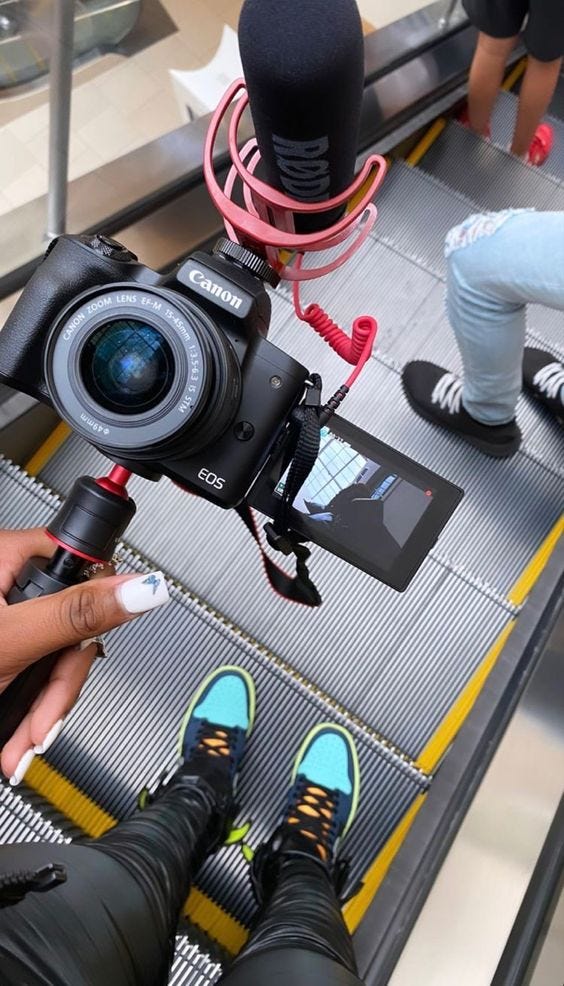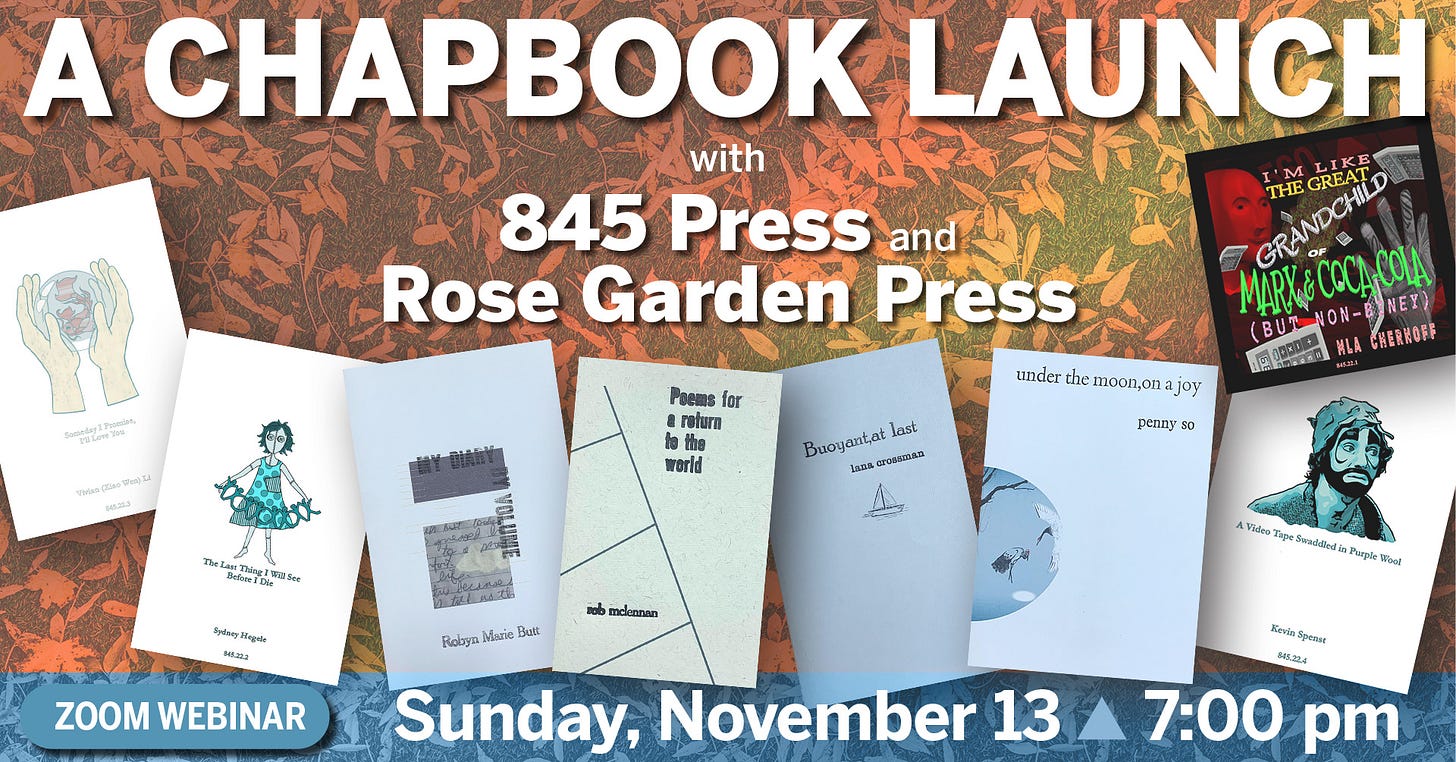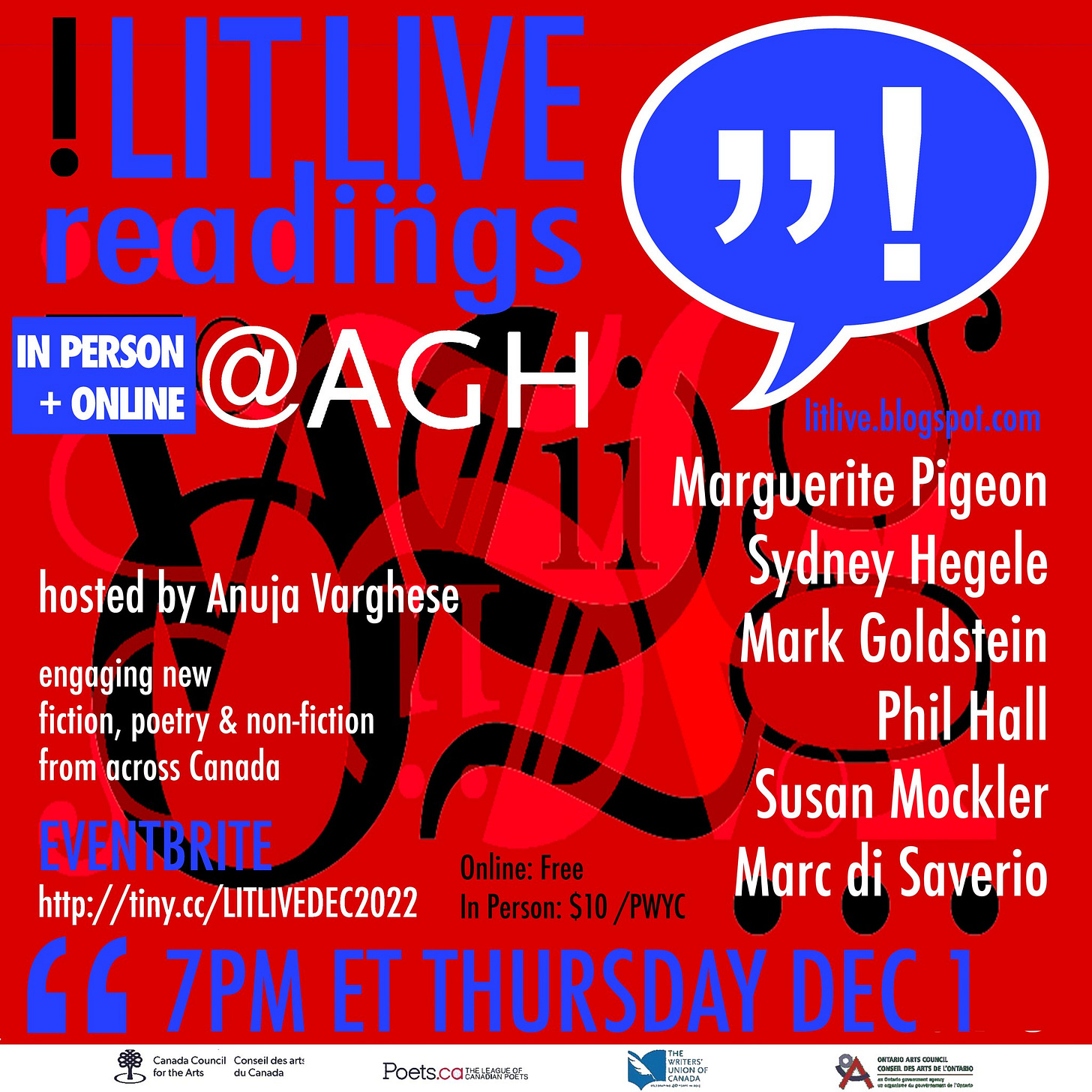We don't owe readers the 'kitchen floor'
Updates, events, and navigating the tricky business of creative nonfiction.
My trauma is a commodity.
At least, it could be. Easily.
For a small percentage of audiences, there is a certain catharsis in watching real people at their lowest on social media. Maybe, there's the sense that when someone is telling their truth—a truth that looks like yours—you are less alone in the vast universe.
But there seems to be a larger percentage of people who are less inspired by human resilience as they are entertained by human suffering. They too have sought the content out in search of the truth, but once they find it, its only use is to be passed around as gossip.
When you share your trauma history in a public way, through art or interview or social media, you don't get to choose who will engage with it or why. When Jennette McCurdy's memoir I'm Glad my Mom Died debuted, it hit the New York Times Bestseller's List and was sold out at bookstores across North America. It's impossible to tell how many of those readers purchased the book because they enjoy memoirs, they had read good reviews, they were a fan of McCurdy's acting, they were victims of a narcissistic parent themselves, or if they simply really wanted to read the gritty details of McCurdy's abuse. The bestseller list doesn't care what you do with the book after you buy it. Once your trauma story is published, it no longer only belongs to you. It is everyone's story.
There's another level to this that's been prevalent in the zeitgeist as of late: trauma as commodity "in real time". A person who shares their past trauma on TikTok might go viral; a person who posts TikToks while they experience a natural disaster, intense breakup, or mental health crisis might make national news.
If viewers are entertained by trauma details, watching trauma unfold live is a special kind of art. Millions of people continued to watch influencer and musician Gabbie Hanna updates through her first manic episode as if she were an actress in a popular show. What will she do next? How will she ever come back from this? It doesn’t matter if the viewer is self aware of how disturbing their viewership actually is—like a car wreck on the shoulder of the highway, they can’t seem to look away.
It’s the same reason that the past videos with the highest views on Trisha Paytas’ Youtube Channel are her infamous “Kitchen Floor Breakdowns”. Her viewers wanted the gossip on her relationships and the inside scoop on her daily life, but they also wanted to see her at her lowest. Our most intimate relationships are the ones in which we’ve been through hell and back with that person. Vlogs as an artform often create a false, one-sided intimacy between the viewer and the vlogger: we get to see the vlogger go through hell and back without having to express any level of emotional vulnerability ourselves. We think we know them, and we conveniently don’t have to let them know us.
I’ve been thinking a lot about trauma as commodity lately, as I begin the first draft of my essay collection. The essays are explorations of the popular media I consumed growing up, through the lens of my experience with dissociative identity disorder.
DID is a dissociative disorder, and all dissociative disorders are developmental rather than genetic, meaning that they form as a result of disruption to typical childhood development. Specifically, DID only forms after repeated disruption to development before the ages of seven to nine years old. It’s a trauma disorder, almost always comorbid with Complex-PTSD.
If DID and trauma go hand-in-hand, do I owe readers my trauma story when I write about my DID? If it’s not a simple ‘yes’ or ‘no’, then how much of my personal history do I need to disclose? If I’m writing a memoir in essays, and memoir is about truth-telling, where is the line between truth-telling that helps me and helps others, and truth-telling that harms me for the entertainment of others? How will I know when the process of truth-telling will help me and when it will harm me? Then again, is memoir really about truth-telling? Sometimes truth-telling is art, but when is it not? These are the questions that I’m still trying to answer.
Stephen: If you’re a writer, does all of the truth-telling you do have to be art? Is everything you make for the public? I think that the impulse to give all of yourself to your readers is certainly there.
That’s the problem that I think a lot of creators have, particularly the ones who have had a certain level of “success” from sharing intimate details about their lives (singer-songwriters, memoirists and poets, vloggers): once they start sharing their lives, audiences expect them to share all of their lives. It might be normal to a certain degree to experience something wild one day and think wow, this is going to make a great essay, but is it healthy? Is every family fight vlog-worthy? Every traumatic moment in our lives could be content—viral content—but does it have to be?
To be clear, I’m not talking about the act of sharing traumatic experiences as taking back power from those who silenced you—I’m talking about sharing trauma with audiences because you feel obligated. Like you owe them your story.
I don’t personally know Trisha Paytas, so I can’t say for sure if she shared her darkest moments on Youtube for views, community support, catharsis, or a little of all three. What I do know is in the midst of her rising fame, audiences were going to ask her intrusive questions about her love life and mental health regardless of whether or not she wanted to give them answers. Regardless of how you feel towards her (love, hate, indifference), it is obvious that her decision to post both the bad and good of her life doesn’t happen in a vacuum. It is heavily influenced by an audience that wants her boundaries to dissipate.
You may want to write, film, or post about your “kitchen floor” moments. I will never be able to decide what you want to share on your behalf, and I wouldn’t want to. But I want you to know that you don’t owe your audience your kitchen floor. You don’t owe anyone details of your trauma. Even if you’ve shared your trauma before.
The only one who gets to decide if, when, or how you tell your story is you. Don’t let anyone tell you any differently.
With love,
Syd
A Note: As someone with DID, the act of writing is often interrupted by the input of other parts of me. Most of the interjection is either irrelevant to what I’m writing or deeply private, but I’ve decided to occasionally include questions and remarks from parts who have an understanding of the subject at hand. Today’s newsletter included a thought from Stephen, who I’ve written about in my Catapult essay “I Thought I’d Never Find Love After My Dissociative Identity Disorder Diagnosis”.
Recent News from The Marsh
Preorders for my poetry chapbook The Last Thing I Will See Before I Die with 845 Press have begun to ship out!
"Tadpoles, minnows, foals, and chameleons. These are some of the creatures that appear in Sydney Hegele's debut poetry chapbook, The Last Thing I Will See Before I Die, a collection that sings of rebirth and change through language and the act of naming—of becoming. Full of startling images and rushes of music, they write of the repercussions of violence as “rotting lunch / in a wet paper bag” while simultaneously inviting the reader into the closeness of bed, where love “lets us / rest.” Vibrant and unforgettable, these poems are a celebration of the act of (re)creation."
—Jenny Berkel, author of Grease Dogs
"Visceral and fearless. The Last Thing I Will See Before I Die unflinchingly dissects its own body. Hegele slices cross-sections of past and present, pulls the meat apart before the reader and asks what it means to be seen."
—Fawn Parker, author of What We Both Know
I’ll be launching the chapbook with 845 Press & Rose Garden Press at Wordsfest London this Sunday at 7PM EST over Zoom. You can register here.
In terms of other new work, I have a recent essay out with Catapult Magazine called "Reading Stephen King’s ‘It’ As a Child Confused My Sense of Justice”. It’s about 80s horror, dissociative disorders, childhood kleptomania, and what it means to steal what was stolen from you.
For any young writers you might know and love, registration for one of my remote Spring Writing Camps for youth at Lighthouse Writers Workshop is now live! WRITING THROUGH CLIMATE ANXIETY FOR AGES 13-18 (ZOOM) is a 3-day camp from Mar 28 - Mar 30 2023 (1:30pm - 4:30pm each day).
Registration: https://www.lighthousewriters.org/.../spring-writing-camp...
"In this spring writing camp, students of all skill levels will learn how to write through their anxieties surrounding climate change and create fiction, poetry, and CNF that illuminates our current moment and contributes to a worldwide climate conversation. We'll read from a variety of authors asking big climate crisis questions and workshop student pieces of all genres that address climate/environmental concerns. We will talk about publishing creative climate work, how to keep the conversation going without giving up hope, and how to get involved in the artistic climate action in our own communities. Students will leave with at least one workshopped piece, a journal full of generated writing ideas, a reading list, and resources for publishing work."
My next in-person event is a reading at LitLive at the Art Gallery of Hamilton on December 1st 2022 at 7PM. It’s a hybrid event, and you can register to attend or watch on Zoom here: https://www.eventbrite.com/e/litlive-december-reading-tickets-465430233357
Thanks for coming along on this strange journey with me.
Sydney Hegele (They/Them) is the author of The Pump (Invisible Publishing 2021), a National Indie Bestseller, winner of the 2022 ReLit Literary Award for Short Fiction, and a finalist for the 2022 Trillium Book Award. Their poetry chapbook The Last Thing I Will See Before I Die is forthcoming from 845 Press in Fall 2022. Sydney lives with their husband and French Bulldog on Treaty 13 Land (Toronto, Canada).












